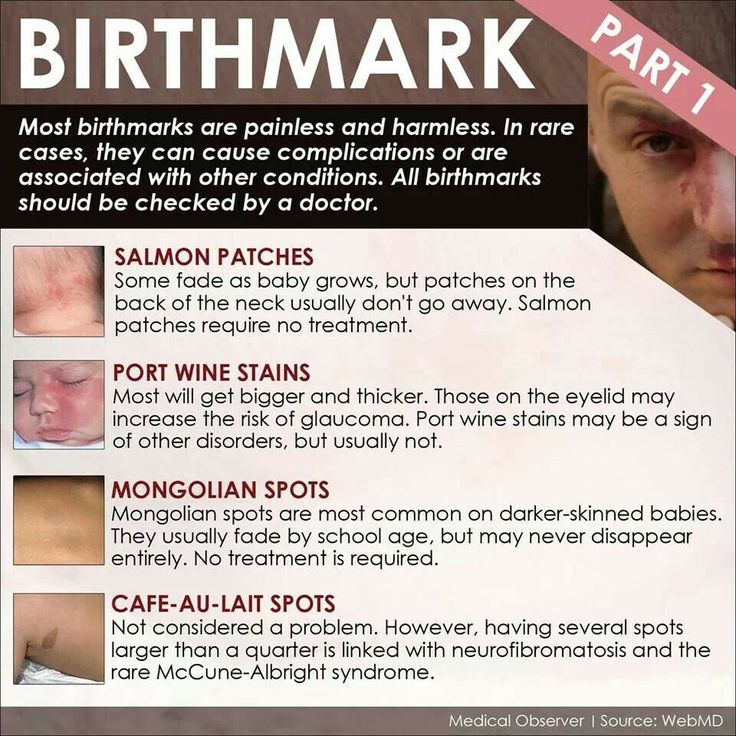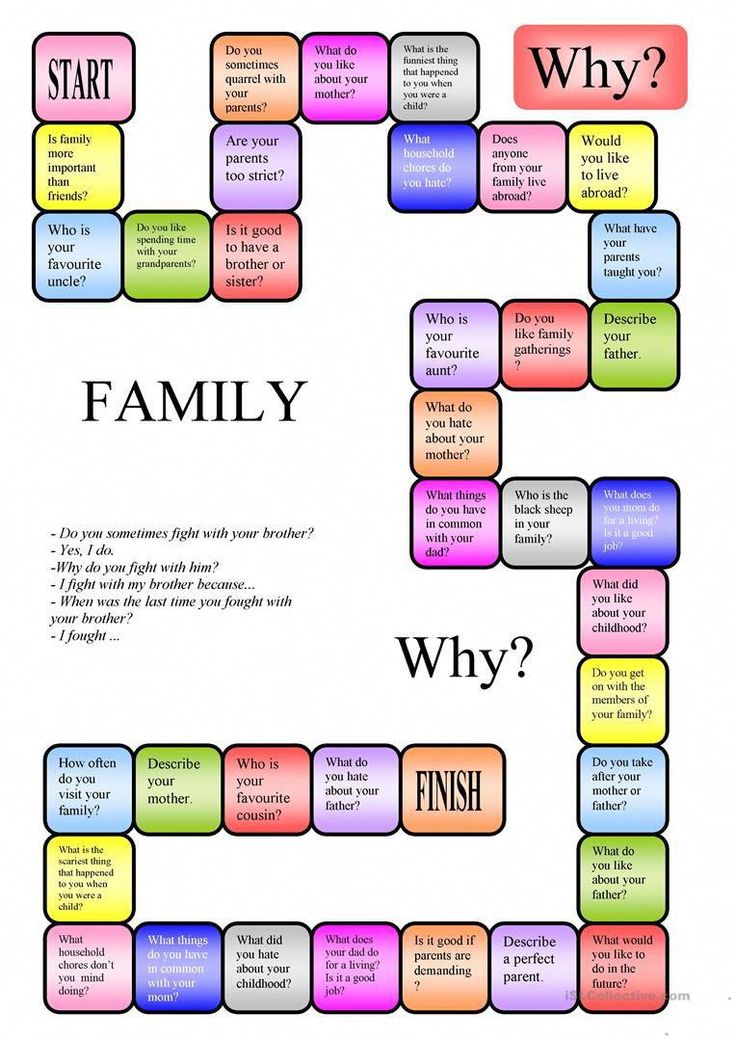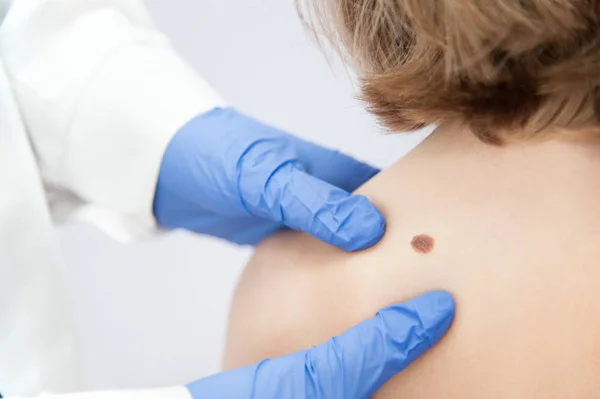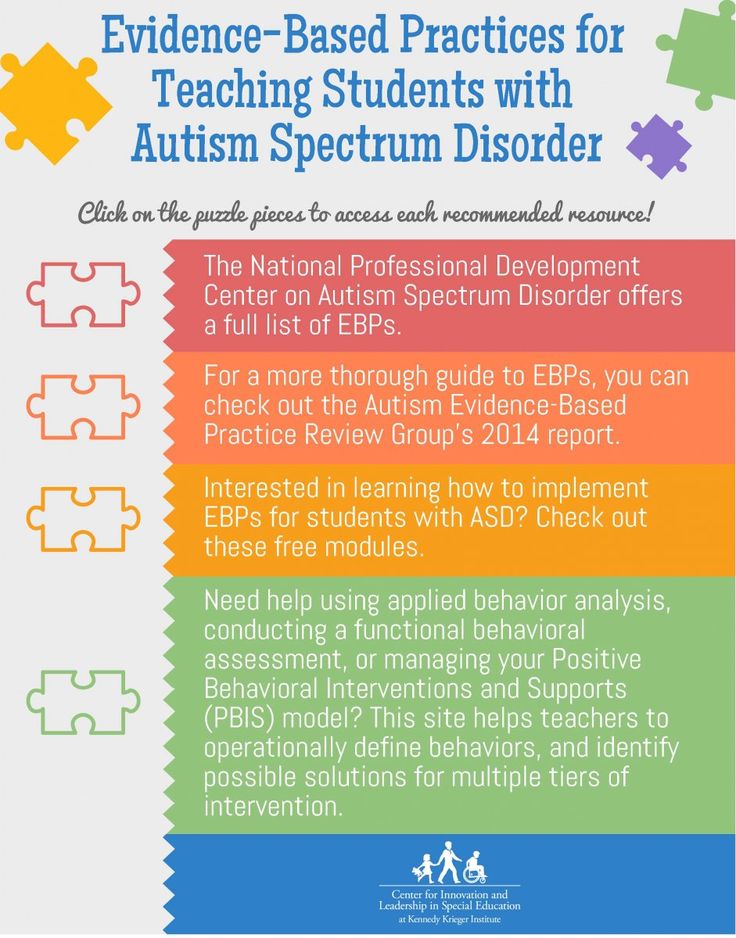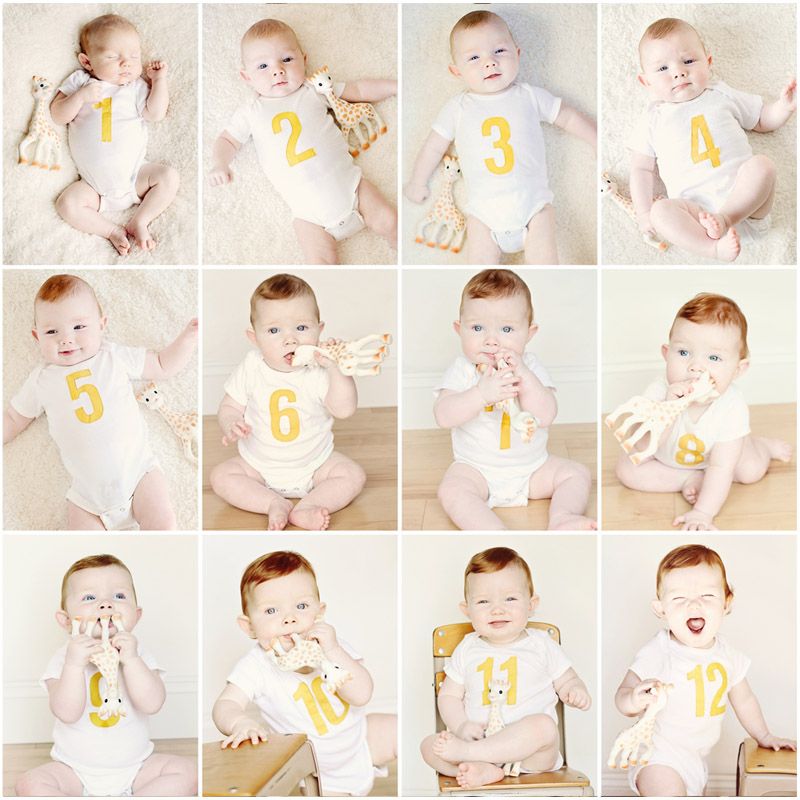How to find a birth child
Looking for My Birth Child: Where Do I Start?
October 18, 2017
Birth parents, specifically those who placed their child through a closed adoption process, may yearn to find information on their child. It may be only a few months, a few years, or as long as many decades before you decide to begin your search. Many birth families have a difficult time knowing where to begin looking for their birth child.
A simple search on the web can bring back many different resources to help you start. Articles and individuals may suggest Facebook searches, private investigators, ancestry sites, and agency support. Each person is different. Sometimes the easiest way to jump-start a search is by using a professional who is highly trained, licensed, and vetted. Licensed private investigators, ancestry sites, ancestry professionals, and adoption agency staff are easy ways to jump-start the process by taking what little (or maybe a great deal) information you have and getting you on the right path with any or all of the answers you need. Many of these professionals can also facilitate a search and reunion, which can make the entire process seamless.
Once you decide whether you want to utilize a digital resource, professional, website, or agency to help with the search or to do it on your own, you may find yourself thinking, “What next?” Your next step will be easily facilitated by an adoption search professional. If you want to start the process at your own pace, you may want to begin gathering all the information you have regarding the placement. Remembering even mundane facts can be incredibly helpful.
Research what resources are available to you. You may be surprised by the plethora of resources you can utilize to jump-start your own search.
The following resources offer a good place to start when searching on your own for your birth child:
- Adoption.com has one of the most comprehensive adoption reunion registries on the web. By registering and viewing the compiled data, you can make your information available to potential members of your biological family who are also registered and viewing the registry.
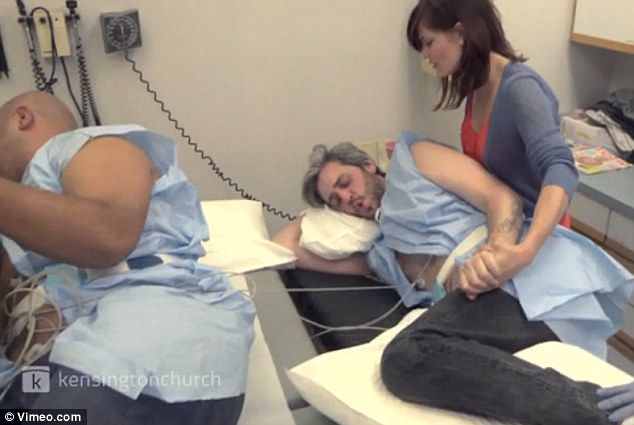 The adoption forums on Adoption.com are open and offer incredibly useful information for you as you begin your search.
The adoption forums on Adoption.com are open and offer incredibly useful information for you as you begin your search. - Get a copy of the state law on adoption records from the state in which you placed your child. This information can be found online, at your local library, or from your member of Congress or local state representatives.
- Contact the agency, adoption attorney, or mothers home that handled the adoption to see if they have any additional resources regarding your specific adoption or search.
- Utilize social media and social networking platforms to see if you are able to find your birth child with the information you compiled. Use caution on the internet; double-check your findings with a private detective on an hourly basis to ensure the person you located is actually who he or she says.
Wherever you are in the search, remember that you are not alone. Remember that oftentimes your birth child is just as curious about you as you are about him or her.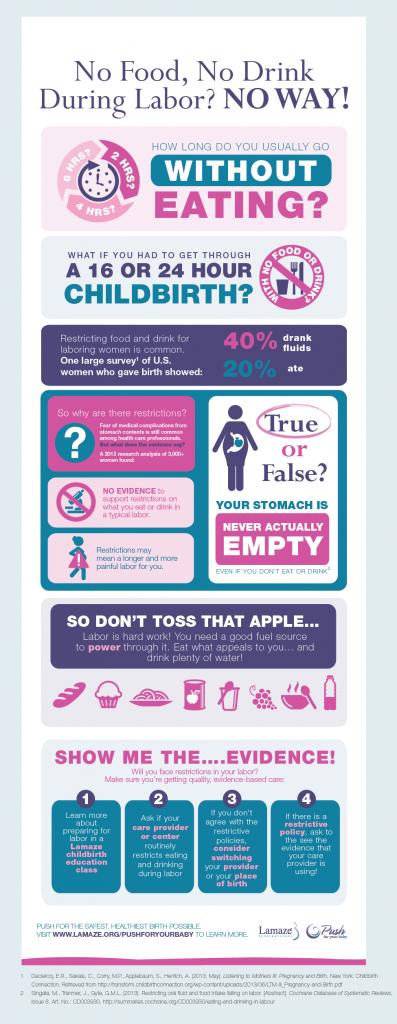 There are wonderful resources and support communities available to you throughout the search-and-reunion process.
There are wonderful resources and support communities available to you throughout the search-and-reunion process.
Check out a real reunion story here.
For a comprehensive adoption guide to search and reunion, visit AdoptionInformation.com.
Jennifer Mellon has worked in the child welfare field for more than a decade, serving in varying capacities as the Executive Director and Chief Development Officer of Joint Council on International Children’s Services (JCICS) and the Corporate Communications Program Manager for the Congressional Coalition on Adoption Institute (CCAI). Jennifer has served on the Board of the Campagna Center, which provides critical educational services to children and families in the DC Metro Area and on the Development Committee for the National Council for Adoption. She is the mom of three children and resides in Alexandria, Virginia.
Adoption Articles More Blogs
More Blogs
Get email alerts when we add new adoption articles.
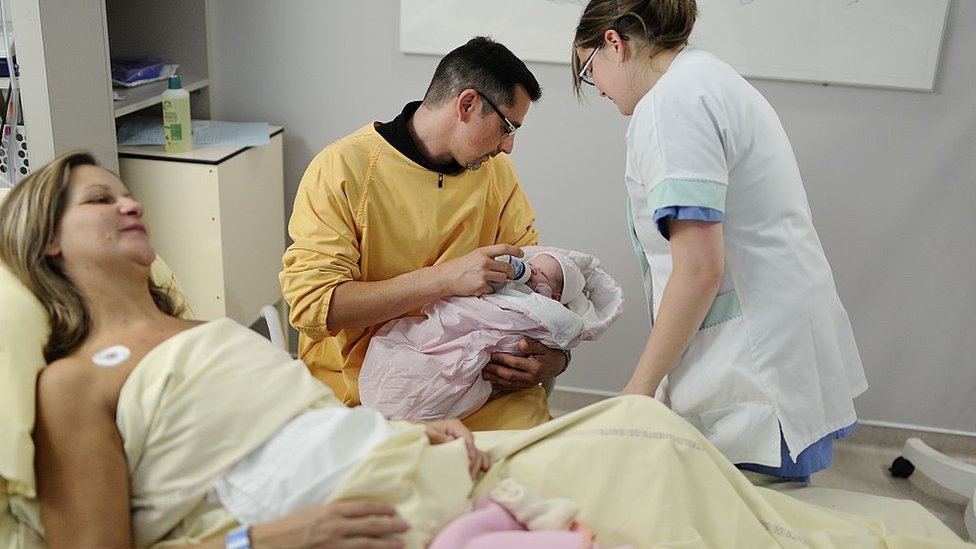
How Can I Find My Birth Family With Little Information?
April 01, 2018
Times are changing quickly, and reunions that used to seem impossible are happening every day. Growing up I had a couple of documents from the court where my adoption was finalized. There were no names of biological family, just the names of the attorneys and the judge. One page had the case number on it. And I had a letter from Health and Rehabilitative Services that had my non-identifying information in it. The names and case number were completely useless because the records were sealed. The non-identifying info was so vague that any search seemed hopeless.
Over the years I registered with every online adoption registry I could find. Most of them were free, and I didn’t have to have much info to use them. Registry.adoption.com, reunionregistry.org, and the International Soundex Reunion Registry are good ones to start with. Each state usually has their own registry as well.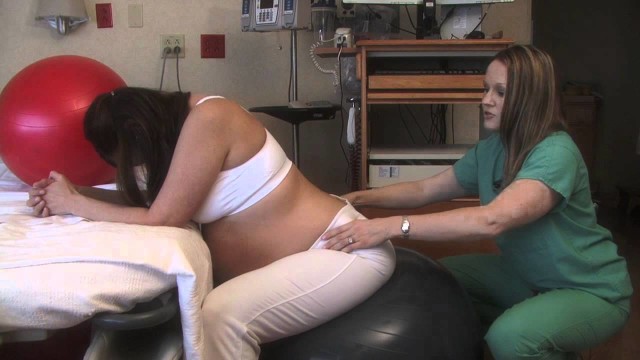 The only problem with adoption registries is that they aren’t very useful unless someone is looking for you. Oftentimes birth parents don’t go searching for the children they placed because they don’t want to intrude or because they feel guilty.
The only problem with adoption registries is that they aren’t very useful unless someone is looking for you. Oftentimes birth parents don’t go searching for the children they placed because they don’t want to intrude or because they feel guilty.
You can go to the “.gov” website of the state you were adopted in to get instructions on how to request your non-identifying info. It should provide a physical description of your birth parents as well as their education level and/or the type of employment they had. The information included varies greatly from case to case. After you get that document, I highly recommend you take a DNA test. I tested with AncestryDNA. My results came back with 310 third cousin or closer matches.
I had no idea what to do with my results, but I researched enough to know they were good. I made a post on DNA Detectives to ask how to proceed. I went to bed and woke up with a message from a search angel offering her services. It took her 24 hours to find my birth parents.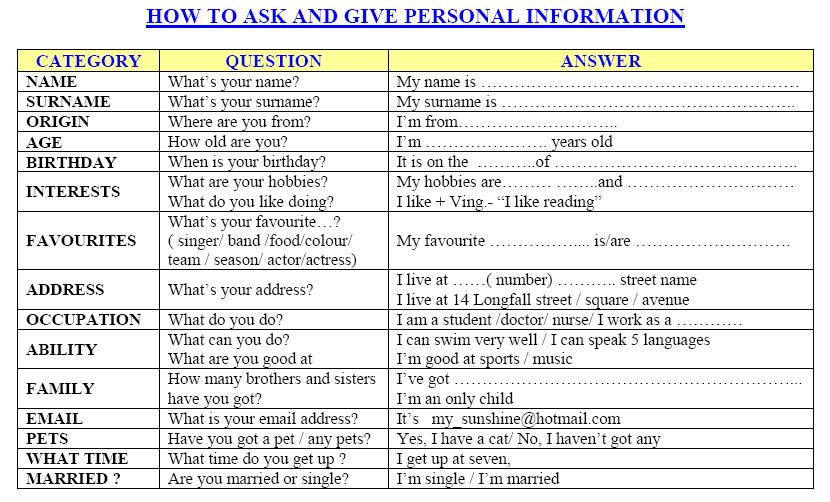
If you don’t have any close matches to work with, you should upload your raw DNA file to Gedmatch. It’s a free website that accepts DNA from multiple testing companies, so you may find some additional matches there. If you need help, ask for it. There are adoption groups and search groups online where people who have been in your shoes are willing to assist you.
Ashley Foster is a freelance writer. She is a wife and a mother of two, currently residing in Florida. She loves taking trips to the beach with her husband and sons. As an infant, she was placed with a couple in a closed adoption. Ashley was raised with two sisters who were also adopted. In 2016, she was reunited with her biological family. She advocates for adoptees’ rights and DNA testing for those who are searching for family. Above all, she is thankful that she was given life.
Adoption Articles More Blogs
More Blogs
Get email alerts when we add new adoption articles.
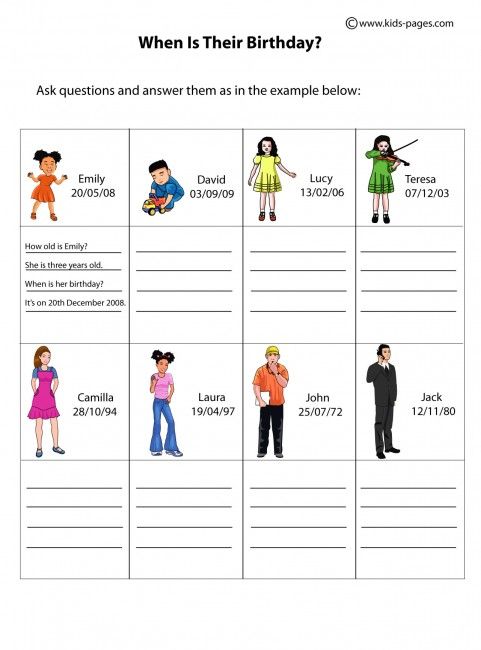
How to find your child? - ISPPP
Let's first try to decide on the main "parameters", i.e. we will decide who to look for
There are different categories of children in children's institutions and hospitals: these are schoolchildren selected from blood families (the main contingent), these are babies with an uncertain legal status (for example, stateless children), these are abandoned babies, and also children whose biological parents are serving sentences in places of deprivation of liberty. It is important for us, as potential parents, to understand not only what kind of child we dream of, but also what options we are basically ready for. nine0005
So, what are the points we will decide on?
SEX
The classic “adoptive dream”, which has long become a byword and an Internet meme, is “a little blonde girl with the first group of health, with the possibility of adoption, without brothers and sisters.” Of course, if you limit the choice to such a request, you can go around the guardianship authorities for a long time and hopelessly in search of the ideal option.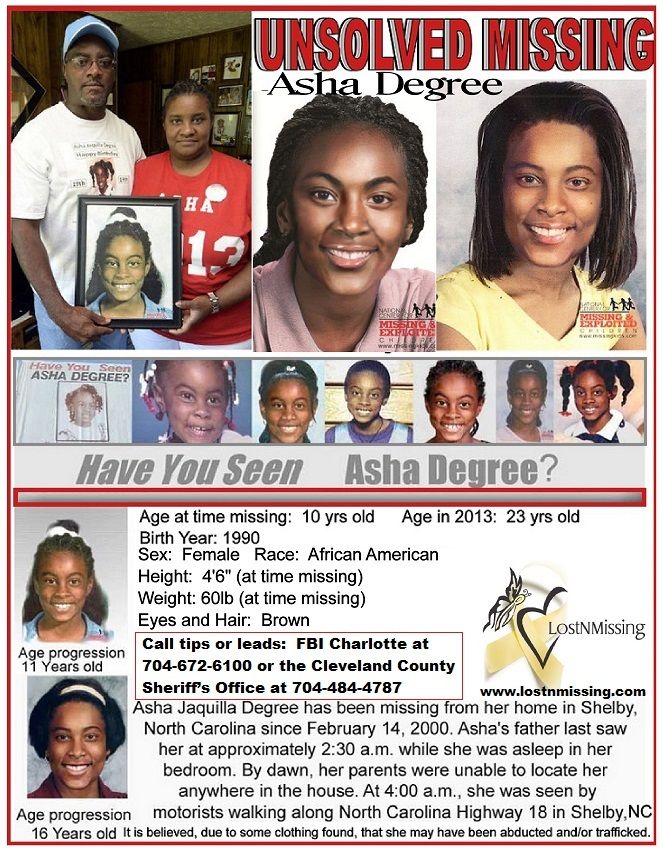 It must be understood that there are more boys in the “system” than girls, and there are even more brothers and sisters who are arranged together. And if the desire to become a parent is more important for you than your “dream”, then how much are you ready to expand your ideas? nine0005
It must be understood that there are more boys in the “system” than girls, and there are even more brothers and sisters who are arranged together. And if the desire to become a parent is more important for you than your “dream”, then how much are you ready to expand your ideas? nine0005
Recommendations:
- If you have suffered the loss of a natural child, try to adopt a child of the opposite sex into the family so as not to injure yourself and his involuntary comparison.
- If only boys or only girls are born in your family, it is not at all necessary to take a child of the opposite sex, even if your environment expects you to do so. Listen carefully to your own feelings.
Olya, 44 years old. “Actually, we have four blood daughters. I could give birth to more children, but our dad categorically stated: stop relying on nature, let's take a “ready-made” boy. Our daughters supported us, they have long dreamed of a brother. As a result, we, having traveled around children's institutions (the older girls went with us), met two sisters who were recently taken to an orphanage. Their guardian aunt died, and the girls endured their situation very hard. We decided to take these children because we wanted to help them. Now our dad laughs that "the dad of the girls is fate." We don't plan to adopt anyone else." nine0027
As a result, we, having traveled around children's institutions (the older girls went with us), met two sisters who were recently taken to an orphanage. Their guardian aunt died, and the girls endured their situation very hard. We decided to take these children because we wanted to help them. Now our dad laughs that "the dad of the girls is fate." We don't plan to adopt anyone else." nine0027
AGE
As we mentioned above, the majority of boarding schools are children of school age. Toddlers are quite satisfied with families immediately after detection, and older children, unfortunately, find themselves in the “system” due to the fact that their biological parents have not coped with their parental responsibilities.
Of course, in order to simplify interaction with guardianship authorities and database operators, you need to somehow limit your request. For example, indicate that you are looking for a child "up to three years old", or "from five to eight".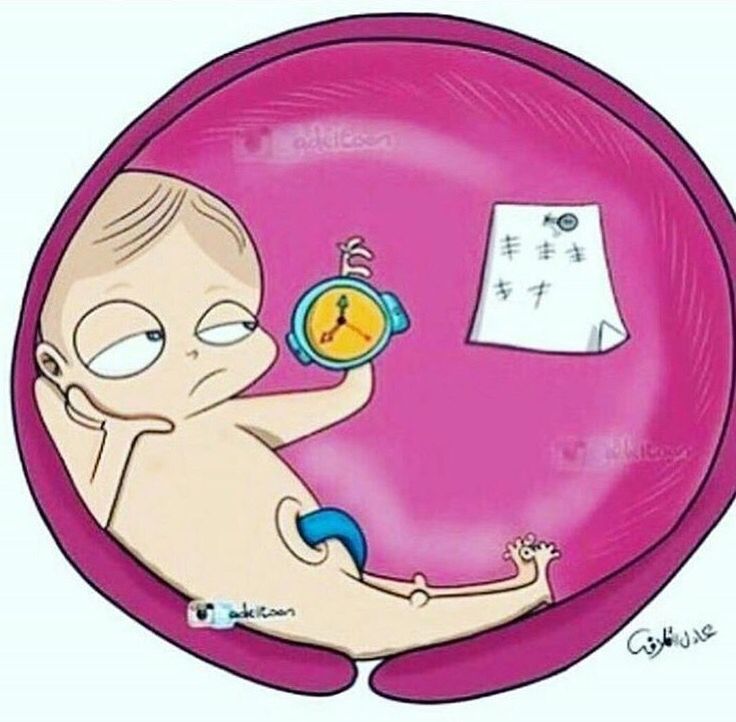 But you should never refuse to view the profiles of children who do not fall into the specified age range. You may want to meet a specific child of a different age. It is also necessary to remember that children develop more slowly in institutions. Physically, emotionally and intellectually, the child may lag behind in development from "home" peers. A four-year-old may well look like a three-year-old, and a one-and-a-half-year-old may have the development and skills of a six-month-old. Perhaps your decision will be influenced by acquaintance with a particular child “of the wrong age.” nine0005
But you should never refuse to view the profiles of children who do not fall into the specified age range. You may want to meet a specific child of a different age. It is also necessary to remember that children develop more slowly in institutions. Physically, emotionally and intellectually, the child may lag behind in development from "home" peers. A four-year-old may well look like a three-year-old, and a one-and-a-half-year-old may have the development and skills of a six-month-old. Perhaps your decision will be influenced by acquaintance with a particular child “of the wrong age.” nine0005
References:
- If you don't have parenting experience yet, don't be a hero and immediately take an adult child or several children. Your task is not only to help the child, but also not to ruin your own family.
- If there are already children in your family, then the age of the adopted child must be less than that of the natural children. It is impossible to violate the principles of the family hierarchy: in an ordinary family, older children are not born after the younger ones.

- If you want to adopt a child of 6-7 years old, i. child who is about to go to first grade, remember that the child needs time to adapt. It would be wrong to take a seven-year-old in August, and send him to school in September, so you need to take into account the possibility of leaving the child at home for at least a year. It would be better if the child goes to first grade later than his peers, but already adapted and prepared. nine0020
Anna and Eugene, 40 years old. “We all planned to take a little girl, a beauty of two years old. We ourselves are from Kyrgyzstan, so we aimed at the “national” child. Watched databases, read forums. In general, we have been “in the know” for a long time, we have been volunteering in a well-known organization for many years. Teenagers come to our house for vacations and holidays. We simply take someone to visit, we bring someone to Moscow for treatment. When we collected all the documents, two of our "sponsored" children, boys of 13 years old, asked to take them away for good.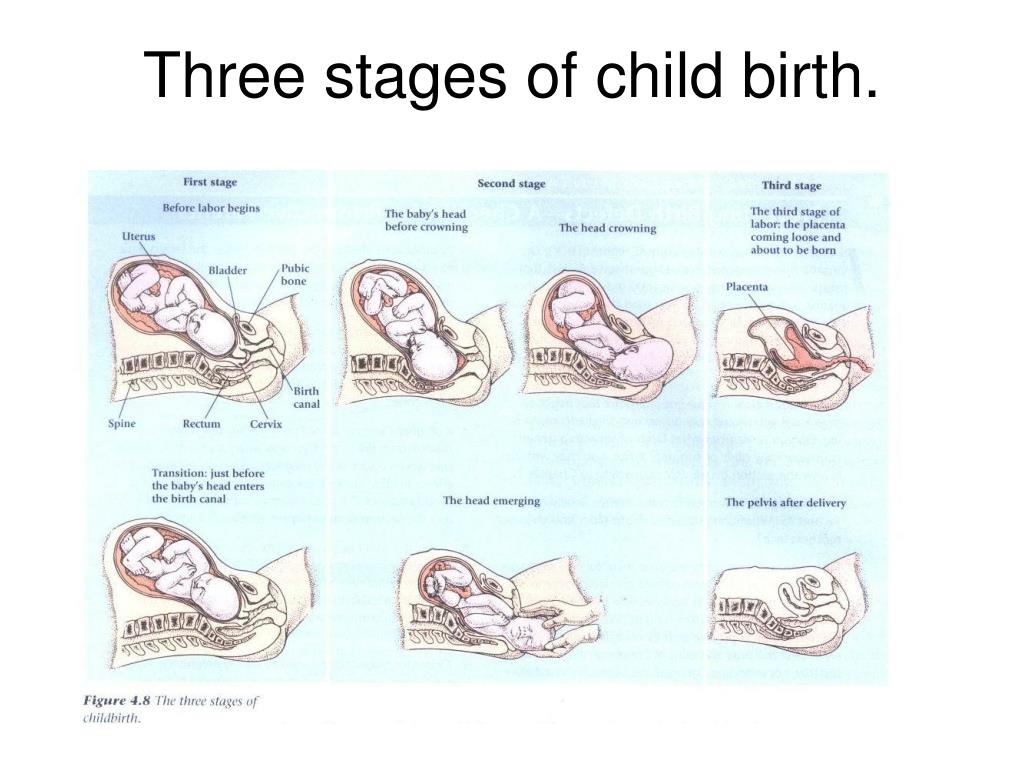 They were offended that we were looking for some unknown girl, when there are quite well-known boys. It seemed logical to us, we issued a foster family. And six months later, another teenager of ours was entrenched in our family. ” nine0027
They were offended that we were looking for some unknown girl, when there are quite well-known boys. It seemed logical to us, we issued a foster family. And six months later, another teenager of ours was entrenched in our family. ” nine0027
NUMBER OF CHILDREN
Your “Conclusion…” will indicate the number of children you can accept into your family. It is important to decide on this issue in advance, because. you will have to prove income for each unborn child, and this must be reflected in your documents. However, life makes its own adjustments. Perhaps, in the process of searching, you will get acquainted not with one child, but with a family of children, or guardianship authorities at the last moment decide to arrange brothers and sisters in one family. nine0005
Recommendations:
- The number of foster children should not exceed the number of caregivers. Otherwise, it will destabilize the family environment. Start small.
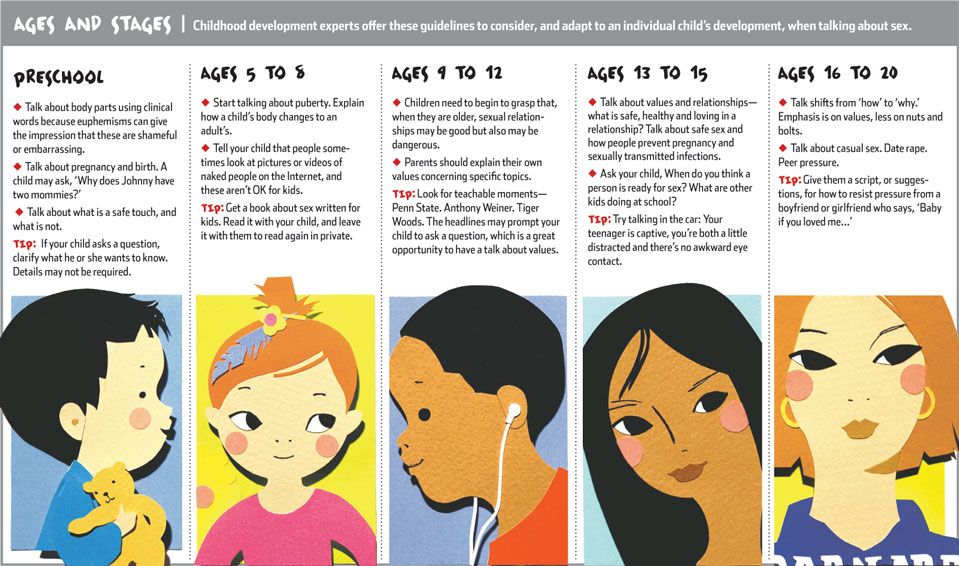
- Reassess your resources, incl. material. You may need to reconsider your family arrangement form in favor of a better funded option. But do not forget that an increase in funding entails a tightening of control by the guardianship authorities.
Alexey, 37 years old. “My wife and I already had a second-grader son. We wanted to give birth to another child ourselves, but my wife had health problems. Therefore, we decided to adopt another boy, younger. When we arrived at the orphanage to get acquainted with the same "younger boy", it turned out that he had a brother and a sister. Guardianship gave him to the family alone (he has a disability), but the educators still introduced us to all the children. I don’t know how to explain, but we realized that it is impossible to separate children categorically. It is necessary to decide: either three or none. We took everyone. Of course, at first we issued guardianship. We would not have pulled the adoption of three children at once.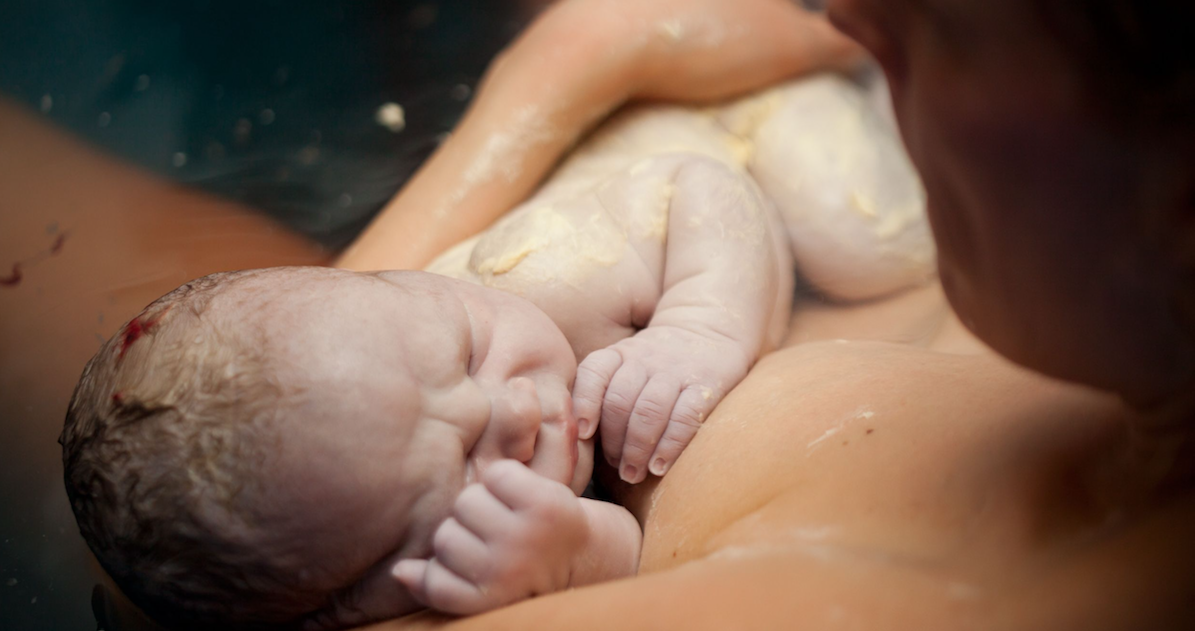 Now, when the financial situation allowed, we all adopted, and then another girl was born to us. ” nine0027
Now, when the financial situation allowed, we all adopted, and then another girl was born to us. ” nine0027
HEALTH
Considering the way of life of parents who leave their children in childcare facilities, as well as the factor of deprivation, which aggravates the state of health of children, to find a “healthy”, i.e. with the first group of health, the child is almost unrealistic. In addition, when conducting a medical examination of children left without parental care, there are both overdiagnosis (attribution of diagnoses “just in case”) and underdiagnosis (low detection of pathologies that require special equipment and knowledge of narrow specialists). The overall picture of children's health is not very objective. Yes, and life itself in a children's institution leaves its mark: often children, especially in preschool institutions, are smaller in weight and height than their "home" peers, they have muscle wasting, and pronounced delays are noticeable in mental development.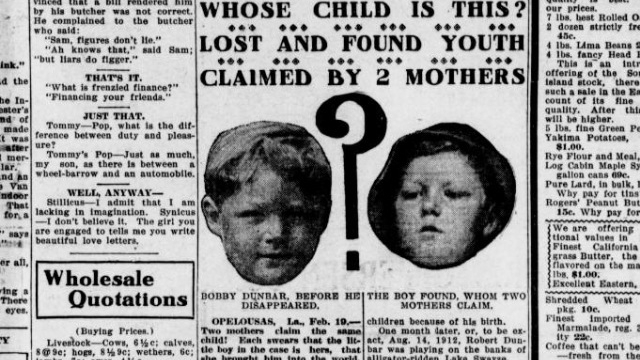 nine0005
nine0005
When discussing possible health problems with a child with relatives, it is imperative to assess your options for treatment and rehabilitation in a sound manner. At the same time, it is desirable to learn about regional programs for free treatment of children and measures of social support for children with disabilities.
Recommendations:
- Carefully study the typical diagnoses for children from the “system”. Find out as much as you can about what to worry about and what will "go away." For example, HIV contact and HIV+ are completely different diagnoses. nine0020
- Describe the range of pathologies that could potentially be dealt with if you like a child with a disability. For example, do you physically pull the support child? Can you raise a child with mental retardation?
- Learn more about the independent medical examination process.
Inga, 49 years old. “We have different adopted children in our family.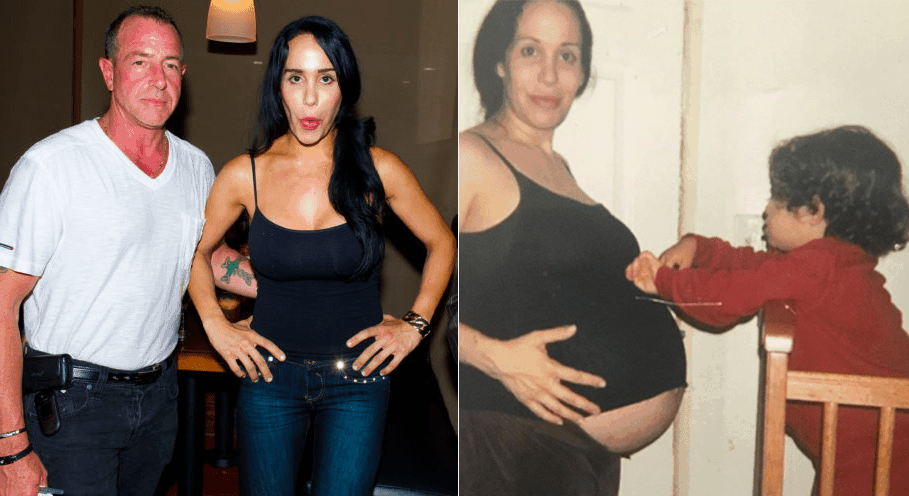 To be honest, the most difficult thing for us was an absolutely healthy boy. He had no health problems, he almost didn’t even get colds, but his behavioral characteristics made the whole family nervous. Not so long ago we adopted a deaf girl of four years into the family. It is not yet completely clear whether it will be possible for her to have an operation to restore her hearing, but already now we firmly know that we will accept any outcome. My friend, a deaf teacher, started teaching sign language to our daughter. Even if the girl cannot hear, she will grow up to be a well-integrated person in society.” nine0027
To be honest, the most difficult thing for us was an absolutely healthy boy. He had no health problems, he almost didn’t even get colds, but his behavioral characteristics made the whole family nervous. Not so long ago we adopted a deaf girl of four years into the family. It is not yet completely clear whether it will be possible for her to have an operation to restore her hearing, but already now we firmly know that we will accept any outcome. My friend, a deaf teacher, started teaching sign language to our daughter. Even if the girl cannot hear, she will grow up to be a well-integrated person in society.” nine0027
APPEARANCE
Such concepts as “mystery of adoption”, “imitation of pregnancy” are slowly becoming a thing of the past. Rather, it is important how ready you are to accept a child who is too different from you in appearance. In fairness, it must be said that through the process of mimicry, over time, adopted children and their adoptive parents become very similar, regardless of ethnic origin. Children adopt the facial expressions and gestures of adults, parents involuntarily adjust their appearance to the appearance of the child. nine0005
Children adopt the facial expressions and gestures of adults, parents involuntarily adjust their appearance to the appearance of the child. nine0005
Recommendations:
- Children, especially newborns, often change dramatically after entering a family.
- If you are afraid of questions like “who does your child look like?”, you can always say that he is the spitting image of a grandfather, brother, matchmaker, etc. Genetics bizarrely interferes with phenotypic traits.
Message at the adoption conference. “Yesterday, for the first time, I was on the Day of the Stork at the Orphanage. While I was waiting in the corridor, a group of 5-7 men led me past. Children say like in a movie or from some book: “Hello, why are you? Who are you to?" And everyone looks at me with incredible curiosity. I smiled at them, and they padded on with their escorts. I almost died of tenderness and pity. Yes, they are still like a selection: so cute and touching.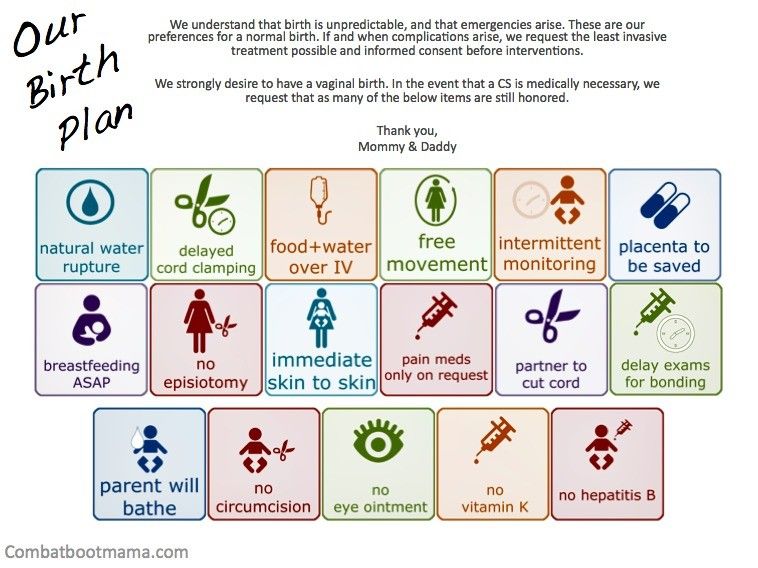 I quickly wiped my tears and snot and went to the head physician. Everything is business-like. She took out personal files, read out the main points, and then ordered to bring several girls. I saw three. Guys! All sentimentality in me as cut off. Well, nothing in me twitched! I thought later, maybe I'm not able to perceive blue-eyed children at all? They seem so alien to me, black-eyed. I thought I would grab the first one I came across and drag it away, but it turned out “No, no, no. Thank you.” And, of course, I knew that they were different from domestic children. But even between a 2.2-year-old girl and my own one-year-old son, there is simply an abyss! I will search further. I'm a monster?". nine0027
I quickly wiped my tears and snot and went to the head physician. Everything is business-like. She took out personal files, read out the main points, and then ordered to bring several girls. I saw three. Guys! All sentimentality in me as cut off. Well, nothing in me twitched! I thought later, maybe I'm not able to perceive blue-eyed children at all? They seem so alien to me, black-eyed. I thought I would grab the first one I came across and drag it away, but it turned out “No, no, no. Thank you.” And, of course, I knew that they were different from domestic children. But even between a 2.2-year-old girl and my own one-year-old son, there is simply an abyss! I will search further. I'm a monster?". nine0027
The second important question is “how and where to look?”, i.e. how and where to apply for information about children
There is the only possible master plan for finding a child, namely:
- obtaining a “Conclusion on the possibility of being a guardian or adoptive parent”;
- personal appeal to the PLO, Regional and Federal data banks;
- viewing children's profiles;
- getting a referral to meet a specific child; nine0020
- making a decision (signing a “consent” or a “reasoned” refusal).

However, there are additional ways to find information about children in need of a family placement. Of course, in the end you will still have to contact the guardianship authorities or the Data Bank, but the more information you get at the initial stage, the better, right?
So what are these methods?
First , communication at specialized forums and conferences. On the Internet you can find many "thematic" communities:
- Step-by-step instructions on the way to adoption/volunteering on FB https://www.facebook.com/groups/573283759432920/
- Adoption Conference 7ya.ru http://conf.7ya.ru/frameset.aspx? cnf=Adopt
- Section “Foster Children” on the littleone.ru forum http://forum.littleone.ru/forumdisplay.php?f=65
Often in such communities there are topics “A child needs a family”, “PR for children “, “So good, only draws so far.” In these topics, you can see the profiles of children and read comments from volunteers who may have met these children.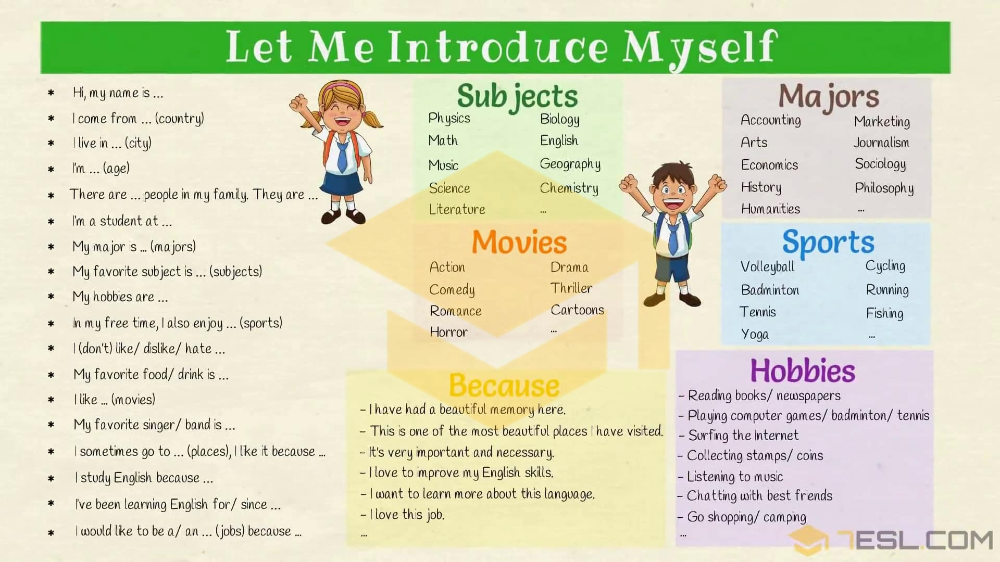 nine0005
nine0005
Secondly, , the Internet gives us the opportunity to look at the websites of various public organizations and volunteer projects. There you can also see the profiles of children, often more detailed than on the website of the Federal Data Bank http://www.usynovite.ru/db/ and Regional Data Banks.
- Project "Territory without orphans" http://opekaweb.ru/
- Project of video questionnaires for children "Videopassport" http://videopassport.ru/videopassport/
- Video questionnaires for children on the Foundation's website "Change one life" http:/ /changeonelife.ru/videopassport/
- "Waiting list" on the website of the radio program "Children's Question" http://deti.radiorus.ru/
Thirdly, is the good old "word of mouth". When your SPR colleagues, friends “in the know”, virtual acquaintances from adoption conferences are also immersed in the search for a child, it will not be superfluous to establish an exchange of information. It is not uncommon for some candidates to get acquainted with three profiles of children, take a referral for one, and are ready to tell the adoption community about the other two. nine0005
It is not uncommon for some candidates to get acquainted with three profiles of children, take a referral for one, and are ready to tell the adoption community about the other two. nine0005
And, fourthly , this is “search with feet” or “chess”. Don't expect PLO and Data Bank workers to be very interested in finding you a "dream child". They will simply perform their task: to select the profiles of children at your request. Therefore, it will not be superfluous to independently go around all the PLOs and data banks available to you, get registered there and remind yourself from time to time. It happens that at the time of applying on the territory of a particular guardianship there are no children subject to family placement, or there are children whom you are not ready to accept, but over time the situation may change. nine0005
Quote from the foster mother's diary:
“They called from the Data Bank.
“We,” they say, “have found the boy for you.
— Yes? You know, we've had a new boy for a year now. We've had enough for now.
— Really?! Oh how great! We congratulate you. Could you come and write a statement that you no longer need a boy?
And then I realize that 1.5 years have passed since we submitted the application. That is, if we were sitting on the priest exactly, then the child would have appeared with us just now. Poor future parents. You can go crazy in 1.5 years.” nine0027
And finally, let's ask the third question - how do you know that this is your child?
Let's consider the main stereotypes that influence the decision of future adoptive parents about choosing a child.
SOBER CALCULATION
We need to look at the profiles of only those children who will answer our request, and not even open all the rest. Gender, age, health, eye color and other parameters must be rigidly determined in advance. I don't step aside.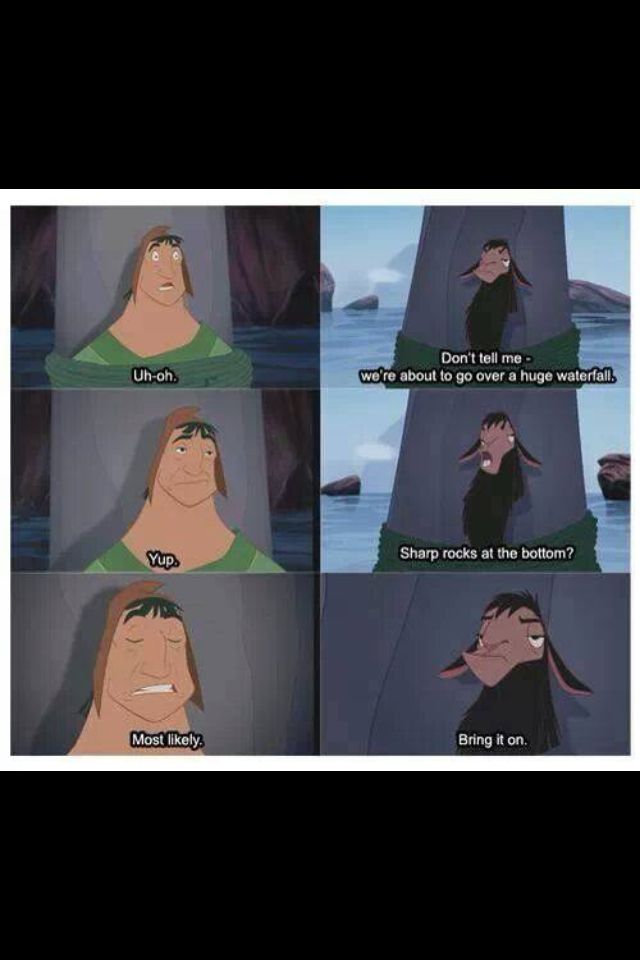 nine0005
nine0005
Psychologist, specialist in family organization Lyudmila Petranovskaya writes about this approach:
“Firstly, this approach itself causes awkwardness - it turns out that a child is chosen as a product from a catalog, making sure that they do not slip a “defective” one. Secondly, usually the parameters are set so narrowly that there are simply no children corresponding to them. Often, behind the overestimated requirements, there is uncertainty in your decision, doubts that foster parenthood is generally your way. Then the endless search for a "healthy three-year-old blue-eyed girl with no developmental problems" can be a way to solve the problem without solving it - we will have a child, but then when we find the right one. Perhaps for someone it’s better to look like that until they get bored, since there is no real desire to raise an adopted child. ” nine0027
A CHILD MUST CHOOSE YOURSELF
If we are talking about a small child, then you need to be on your guard if he runs to you, climbs into your arms, calls mom or dad, asks to pick him up as soon as possible. Young children are usually afraid of strangers, and the behavior described above is likely to point us to violations in the formation of attachment in the baby.
Young children are usually afraid of strangers, and the behavior described above is likely to point us to violations in the formation of attachment in the baby.
In addition, the position “let the child decide” is shifting responsibility onto children's shoulders. The child may have no family experience at all, or retain negative memories of family life, or simply not be able to properly express their desires. Candidates better listen to their own feelings: can I hug this child? Can I imagine walking/eating/sleeping/reading with my child? Does the child cause physiological rejection? nine0005
Quote from the adoption conference. “They brought me into the office – dark, thin, hands dirty, scribbled with blue paste, facial expression sad, frustrated and frightened, voice quiet, lisping a little, coughing. First, he sat on the head’s chair, then on the chair next to me, then the psychologist suggested “to sit on Aunt Anya’s hands” - reluctantly, even somehow doomed, he climbed into his arms. Then they sat, assembled Lego, talked little by little about what he loves. The manager asked: “Can my aunt come to you again? Are you going to visit your aunt? To all questions, he nodded his head in the affirmative. nine0027
Then they sat, assembled Lego, talked little by little about what he loves. The manager asked: “Can my aunt come to you again? Are you going to visit your aunt? To all questions, he nodded his head in the affirmative. nine0027
It's different if you meet an older child. You can’t just take him by the hand and take him away, it is important that he himself wants it. What's more, children over the age of 10 will need to give written consent to be placed in your household, and this should be a balanced, thoughtful choice. This may take time: the child may worry about global changes in life, be afraid of the terrible (for example, there are cases when the staff of the orphanage intimidated children by saying that foster parents would scold and beat them), the child may be embarrassed to express his desire, etc. .d. Don't rush. Establish contact with the child, make it clear that you respect his feelings and desires. Visit the child, consider, if possible, options for a guest mode. nine0005
CHILDREN NOT POTATOES
"I can't choose, it's unethical.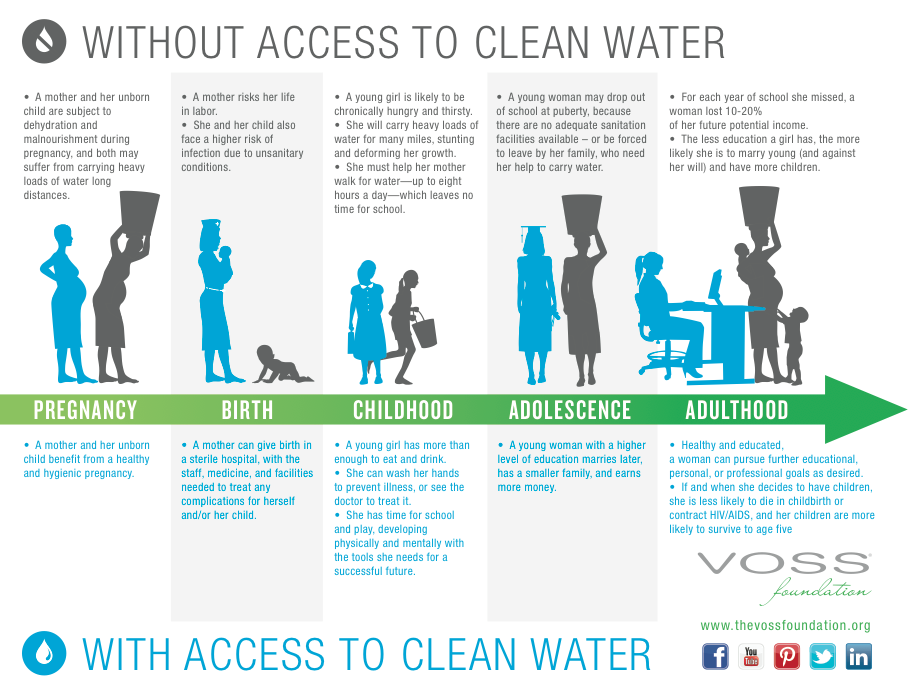 " "You need to take who is given, there is nothing to dig." “After all, a blood child is not chosen.”
" "You need to take who is given, there is nothing to dig." “After all, a blood child is not chosen.”
That's right. But in the case of the birth of natural children, nature itself comes to the aid of the mother. Even if the child was born not so beautiful and healthy, “not of the same” gender, etc., the hormonal background of a woman who has recently given birth allows her to accept the newborn as she is. In the case of foster parenting, there is no such “natural” support. The family has to create attachment by conscious effort. In this process, it is very important that the child is accepted at least physically. nine0005
Let's quote Lyudmila Petranovskaya again:
“It is important to understand that we are not talking about the only “your” child – the one that needs to be found. There are a lot of “your children” among the pupils of orphanages and orphanages, most of them are completely “yours”. But before you decide that you will become the parents of such a child, listen to your natural beginning.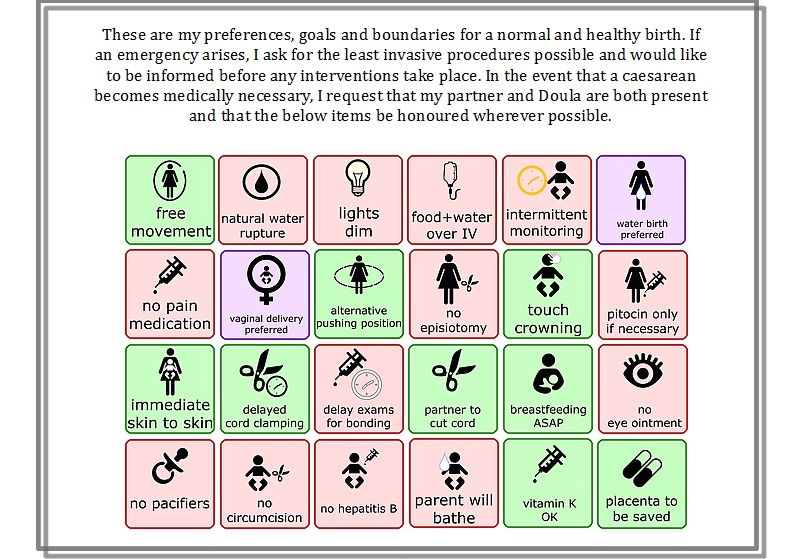 It doesn’t matter what he looks like, what nationality he is, and it doesn’t even matter how he himself will react to you. Just pick it up, put it on your knees, hug it, breathe in the smell. Are you okay? There is no need for something to “jump”, it’s just normal? No resistance, no rejection? So yours. In the course of daily care, both love and a sense of kinship will come. nine0027
It doesn’t matter what he looks like, what nationality he is, and it doesn’t even matter how he himself will react to you. Just pick it up, put it on your knees, hug it, breathe in the smell. Are you okay? There is no need for something to “jump”, it’s just normal? No resistance, no rejection? So yours. In the course of daily care, both love and a sense of kinship will come. nine0027
It is also very important to understand in time that the position “you cannot choose” is not your personal, but imposed from outside. Perhaps your environment is talking about it. Perhaps you yourself have read stories about signed waivers and have been horrified by the cynicism of some candidates. Adopting a child is an irreversible process, and here you should listen only to yourself, no matter what relatives, experienced adoptive parents and priests advise.
Quote from the adoption conference. “I found a wonderful girl in the FBI. I decided that I would take it, I will not look at anyone else.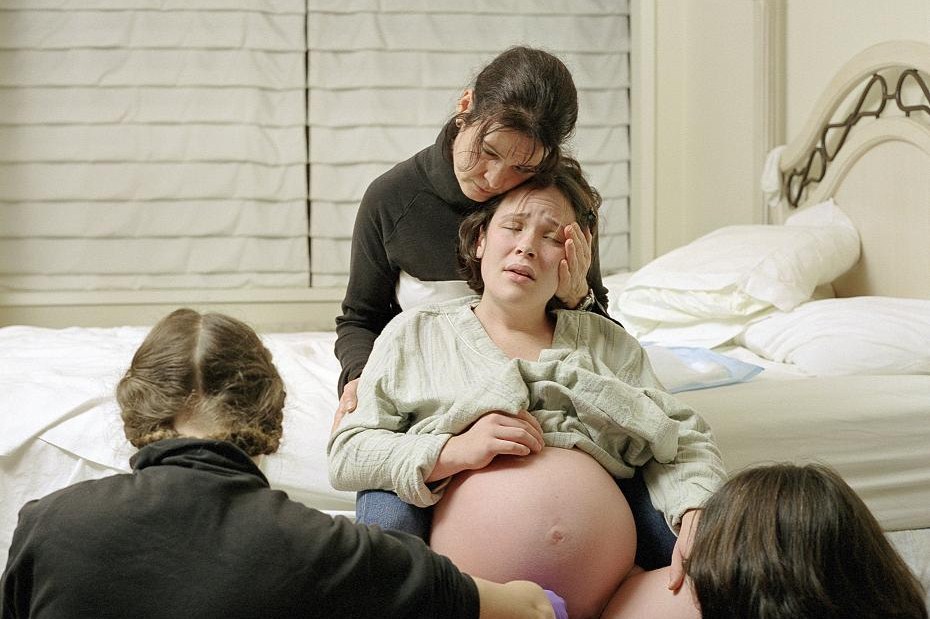 I called the Regoperator, they read out the diagnoses to me over the phone (nothing serious). And then, finally, they give me a referral to the Orphanage and already at the door they suddenly inform me that the CHILD is VERY HEAVY. At first I didn't even understand what they were talking about. I ask: how to understand? And then they tell me something completely different from what I heard earlier on the phone.
I called the Regoperator, they read out the diagnoses to me over the phone (nothing serious). And then, finally, they give me a referral to the Orphanage and already at the door they suddenly inform me that the CHILD is VERY HEAVY. At first I didn't even understand what they were talking about. I ask: how to understand? And then they tell me something completely different from what I heard earlier on the phone.
In short, I went to the DR anyway. When they brought me a baby, then everything is simple for me went down…
They brought a medical card - horror! Just do not convey to you my state at that moment! Before my eyes is a charming blond baby, and behind me are two doctors and read me all these diagnoses. And I understand that I can not even touch the girl. I stand as if bewitched.
Then I was asked to take the girl to the group. When we entered their locker room, the little girl grabbed me by the neck, as she did not want to return to her pen.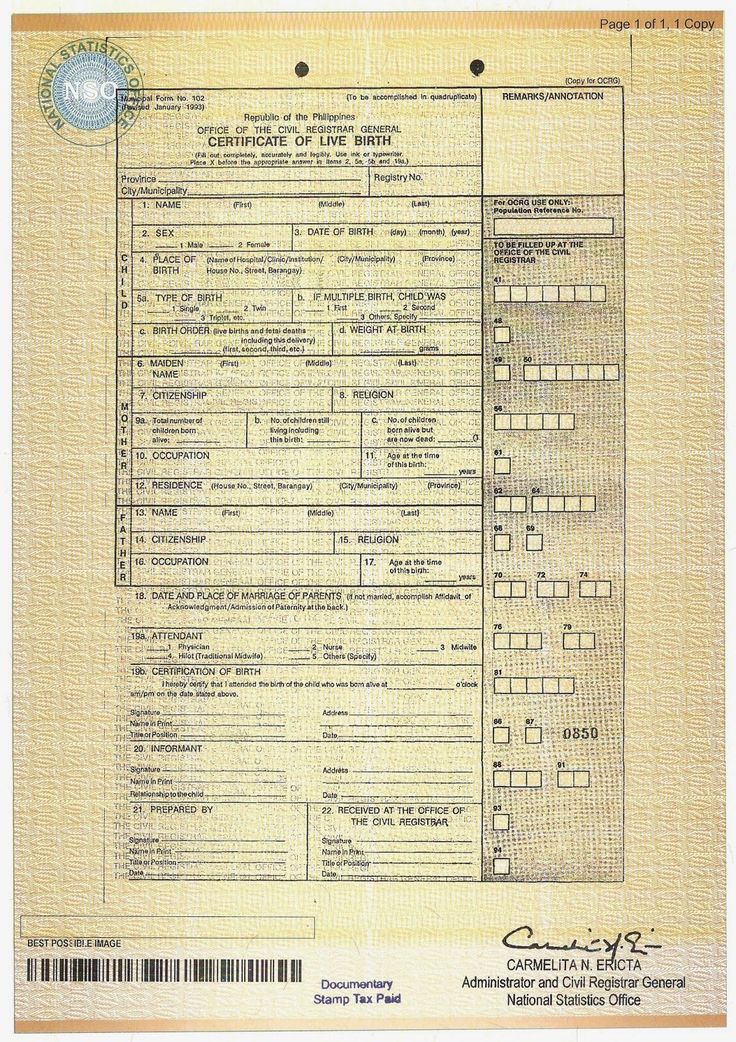 And then I got hysterical. I couldn't get out of the toilet for 20 minutes. nine0027
And then I got hysterical. I couldn't get out of the toilet for 20 minutes. nine0027
That day I didn't write a refusal. Before, I could not even imagine before how hard it would be morally to go through this. At home, I talked with all my relatives and my husband, told about everything. As a result, after 8 days I went and wrote a refusal. It's just awful in my heart. I feel like some kind of traitor or something ... Although I understand with my mind that we still would not have pulled the treatment of this child.
TO JUMP
Many parents want a miracle to happen when they meet their child - love at first sight. "Butterflies in the stomach", a rainbow in the background and other fairy tales. However, it is worth knowing that most of the candidates actually do not have a yoke, but, on the contrary, a stupor sets in. In general, the very idea that you are seeing a person for the first time and that you may have to live with him for the rest of your life is pretty scary.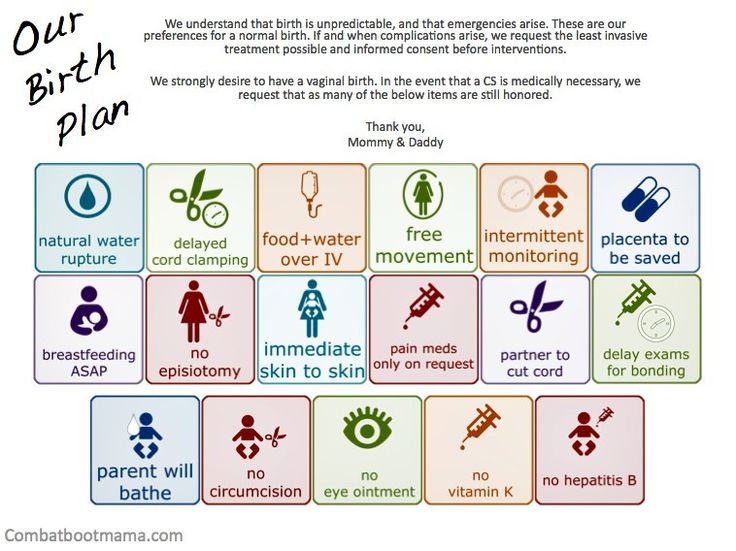 And that's okay. nine0005
And that's okay. nine0005
Love at first sight is not a guarantee of easy adaptation and a happy life together. It simply means that the child he sees exactly falls into our expectations.
If, nevertheless, it "stuck" - great. But it is worth remembering that it is better to make important decisions with a cool head.
Quote from the adoption conference. “We so dreamed of finding our baby right away, but our first meeting with the baby was completely different. No initiative at all, a child is like a teddy bear - where you put it, you will take it from there. You play with it like an inanimate toy. My husband and I were both scared. nine0027
Quote from the adoption conference. “Yesterday our first meeting with Seryozhik took place. OUR! Somehow we did not think about yokane, but I know that the child is OURS! Small as a gnome, but talking with might and main! Everyone understands! At first, he slowly somehow approached us, and then “I’m with you!” He didn’t even want to go to the teacher, he clung to me.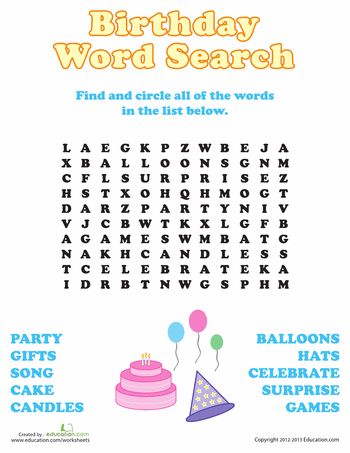
Today I went to my husband first. He says “uncle” to him and takes him by the hand, the husband just melts. Started laughing. Of course, not everything is good with health, with eyes we still have to be treated and treated, but this is fixable. Here is now a quiet hour, and then we will go to him again. Tomorrow we will sign the agreement. nine0027
And finally…
- You shouldn't attach such great importance to the search process. As they say, "start, and then we'll see."
- Not always the first meeting decides everything. The relationship between you and your child is not built right away. Visit the child, communicate with him, get used to it.
- Adopting a child is only your decision. Neither relatives, nor public opinion, nor other circumstances should incline you to one or another choice.
- Do not scare yourself in advance as "Clever Elsa". Make a decision after you get to know the child himself. nine0020
Part 4: How do I find “my” child for adoption or custody?
Adoption and guardianship in the Ulyanovsk region
We are completing the publication of materials on the topic of adoption.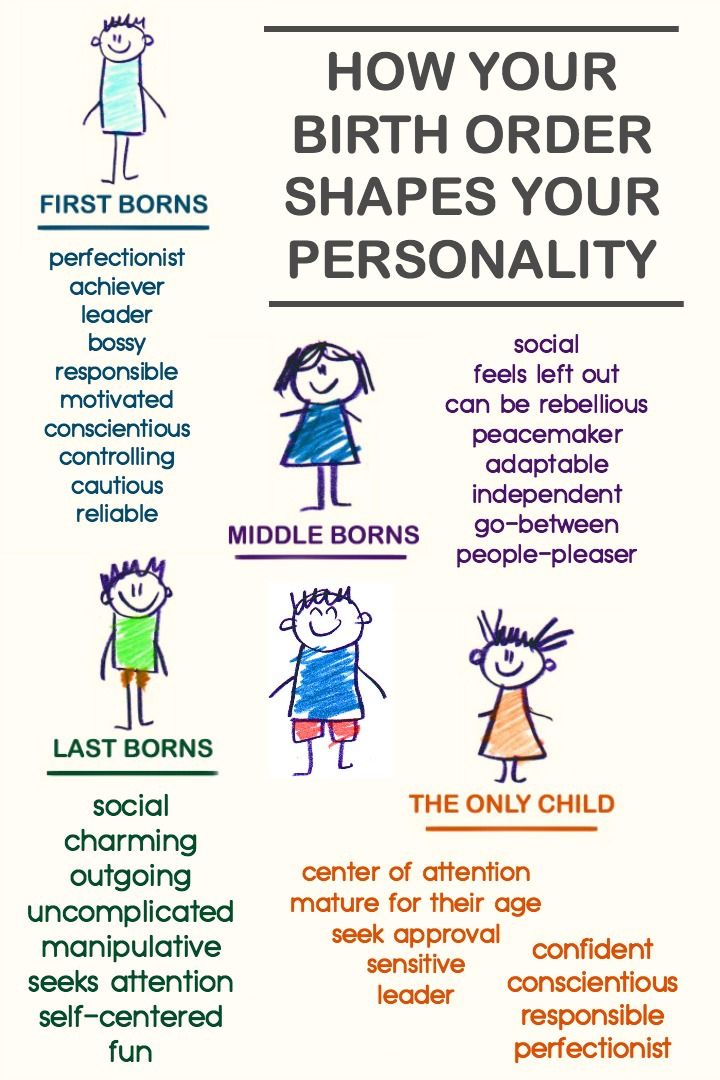 Their author, a mother of many children, Tatyana Ermolaeva, has personal experience in guardianship and adoption, who has accompanied host parents in the regional association of foster parents for many years, is the chairman of the ANO Family and Childhood Support Center "Native People". She not only clearly describes the legal details of the placement of children in a family, but also supplements the materials with her own experience, a story about the problems that she and other parents have to face, and ways to resolve them. nine0005
Their author, a mother of many children, Tatyana Ermolaeva, has personal experience in guardianship and adoption, who has accompanied host parents in the regional association of foster parents for many years, is the chairman of the ANO Family and Childhood Support Center "Native People". She not only clearly describes the legal details of the placement of children in a family, but also supplements the materials with her own experience, a story about the problems that she and other parents have to face, and ways to resolve them. nine0005
In the last article, Tatyana talks about how to find a child to place in her family.
The previous material was devoted to drawing up a conclusion on the right to accept a child into a family. The conclusion received is valid for two years. During this time, you will definitely be able to find "your" child, and perhaps you will come to a different solution that will be better for your family. You have a lot of time to make an informed decision. nine0005
You have a lot of time to make an informed decision. nine0005
The very receipt of a certificate of the possibility to adopt a child is a holiday for future parents! Now you can take a break from going through the authorities. And focus on finding a child that you will love, protect, to whom you can give all the best ... But where is he, this child?
Children who can be adopted into a family live in orphanages and children's homes both in our region and in other regions of Russia. At the end of 2019year, their official number is 44,646. Information about those who can be adopted into the family is concentrated in the federal data bank (hereinafter - FBD). It is available to everyone.
If you have received an opinion on the possibility of becoming an adoptive parent, you can only consider the data of children with the status of "adoption".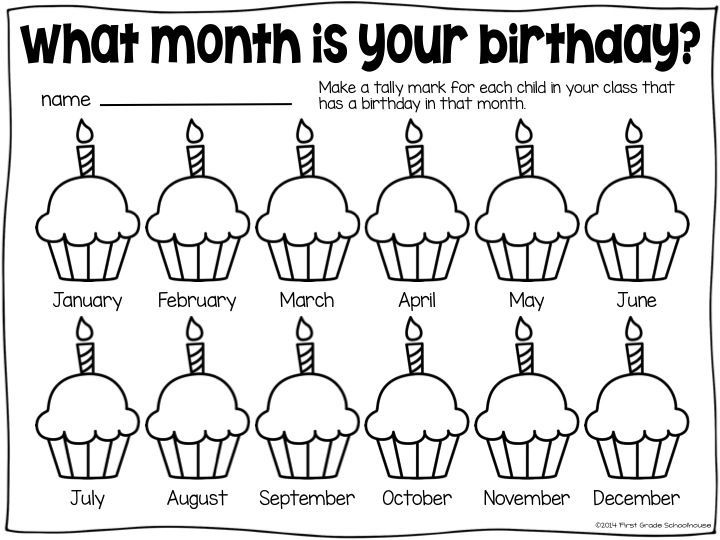 If you have a conclusion on the possibility of becoming a foster parent or guardian, then you can also consider children with both the status of "adoption" and "guardianship".
If you have a conclusion on the possibility of becoming a foster parent or guardian, then you can also consider children with both the status of "adoption" and "guardianship".
It is useful to understand that there are open and closed data on children who can be adopted into a family. Open Data is a federal data bank on orphans (FBD). It contains data only on children with full or incomplete status. Any citizen who has the appropriate opinion can watch the FBI, can call the operator in the region where a particular child is located (these contacts are also on the FBI website) and ask to get to know him. If a referral was not previously issued for this child or consent was signed for his transfer to the family, then such a candidate MUST be given a referral to get to know the child. Oral statements by blood relatives that they plan to take the child to live with them, according to the law, cannot be the basis for refusing potential adoptive parents or guardians. As we said earlier, kinship custody (preliminary) is issued within five days. If the relatives were willing and able to take the child, they would do it. If not, by law, potential adoptive parents and guardians can take a referral to get to know the child. Because in the interests of the child, life is not in an orphanage, but in a normal family. This is his right, it is protected by law. And this should be reminded if there is a clear or hidden tendency to detain a child in a state institution. nine0005
If the relatives were willing and able to take the child, they would do it. If not, by law, potential adoptive parents and guardians can take a referral to get to know the child. Because in the interests of the child, life is not in an orphanage, but in a normal family. This is his right, it is protected by law. And this should be reminded if there is a clear or hidden tendency to detain a child in a state institution. nine0005
If the child has already been referred to other candidates, do not be embarrassed. This direction is valid for 10 days. But usually a few days are enough to make a decision. Call and clarify the situation again. As a rule, more than one referral is issued for each child. Something may not meet the expectations of other parents, and now, the child is already "free" again. Call and find out.
nine0004 In addition to the federal data bank, there is also a regional data bank on orphans.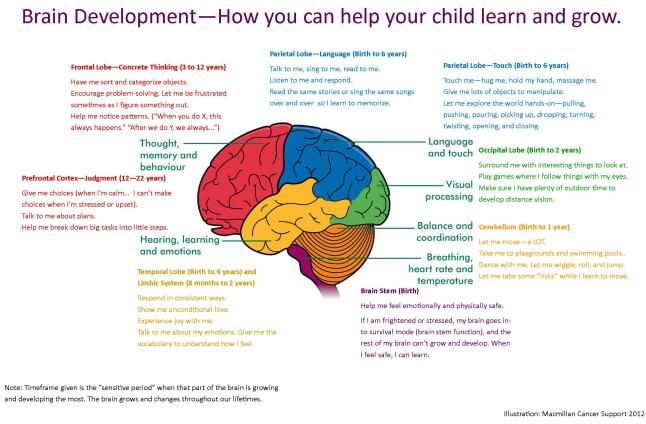 It is also available online in some regions. In the Ulyanovsk region, it is closed. At the regional stage of the family structure, there are children whose parents are deprived or limited in their rights, and this happened relatively recently. In the first months, the guardianship authorities should try to find substitute parents for such a child in their region. They call the candidates who have lined up for a particular municipality. To join this queue in the Ulyanovsk region, you need to contact the regional operator. It is located at the address: Ulyanovsk, st. Federation, 60.
It is also available online in some regions. In the Ulyanovsk region, it is closed. At the regional stage of the family structure, there are children whose parents are deprived or limited in their rights, and this happened relatively recently. In the first months, the guardianship authorities should try to find substitute parents for such a child in their region. They call the candidates who have lined up for a particular municipality. To join this queue in the Ulyanovsk region, you need to contact the regional operator. It is located at the address: Ulyanovsk, st. Federation, 60. Call for an appointment: +7 (8422) 44-58-10. It is useful to apply for a queue in all municipalities of the region where orphanages and shelters are located. You will be called, invited and told about new children who can be adopted into the family, according to the data that you indicated in the application. Whether or not to meet a particular child is your right.
If the placement of a child in a family at the regional stage did not occur, his data enters the federal open data bank, they become available to all applicants throughout the country.%2B11.28.13.png) nine0005
nine0005
It is important to understand that there are no "statusless" children in FBD. Earlier, we have already said that, in addition to the “state”, there are also “parental” children who are temporarily placed in social institutions upon application, or those whose parents are in the process of depriving or restricting their rights to children. These are tens of thousands of "invisible" children in the FBI. If you want to support these guys, give them a family, even if they have the rights of temporary guardianship, then write a corresponding application to the guardianship department. It is useful to duplicate it directly to the administration in the shelters of the region. To do this, you need to have the appropriate right, that is, a conclusion on the possibility of preliminary guardianship or a conclusion of a higher level (for adoption, foster family, guardianship).
nine0005
So there are two ways to find "your" child. The first is the waiting mode for proposals from the guardianship authorities, the regional operator. The second is an active search (including queuing in other regions), calls for children found on their own in the FBI. Great help to future parents is provided not only by questionnaires in the FBI, where there is only a photo and minimal information about the child. It is possible to watch videos about such children. Thousands of questionnaires with videos are in the public domain, for example, on the website of the Change One Life Foundation. Those who wish will find dozens of charitable organizations on the Internet that publish questionnaires with videos on their websites and social networks. Questionnaires of children in the Ulyanovsk region are taken by volunteers of the regional Association of Foster Families and ANO "Native People", they can be found, in addition to the FBI, on the website deti vsenashi.rf.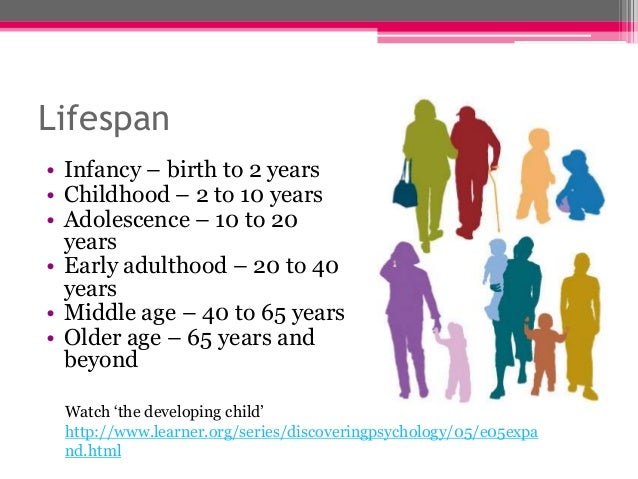 nine0005
nine0005
But very often, potential adoptive parents and guardians complain that they are told "we have no children." So they can answer in the guardianship authorities and at the reception at the regional operator. How to understand it? It's not that someone is hiding the children. It's just that often potential adoptive parents have very high expectations regarding the psychophysical well-being of children. If you want to adopt a healthy baby (especially a girl) of Slavic appearance up to three years old, without brothers and sisters, then most likely you will find just such an answer. Such children appear in the system extremely rarely. And who is there? Most are children over seven years old, boys, with health and behavioral problems. There are many "engines" of several brothers or sisters. Many children of non-Slavic nationality. Many have already experienced more than one orphanhood when they were returned from foster families. Many have learned during their still small childhood such things that they will not present themselves even in terrible dreams.
This is reality. But do not rush to refuse acquaintance with such children. Grow like a parent, ask for help from experienced psychologists. And go to the children, communicate. Invite whoever is allowed to visit. It often happens that a particular child turns the view of the family. Preparing for a baby, and becoming the parents of three brothers or a couple of teenagers - this is not uncommon. nine0005
Children do not end up in orphanages because of a good life. Health problems may be the result of their parents' not-too-healthy lifestyle. Mental problems can become a cumulative result of the very deprivation, developmental delay that most children in orphanages suffer from. Often a child is admitted to an orphanage, for example, with a third health group. And after a couple of years, this is the fifth group, disability. Unfortunately, the orphanage system itself, regardless of the efforts of employees, has a devastating effect on the psyche and health of children.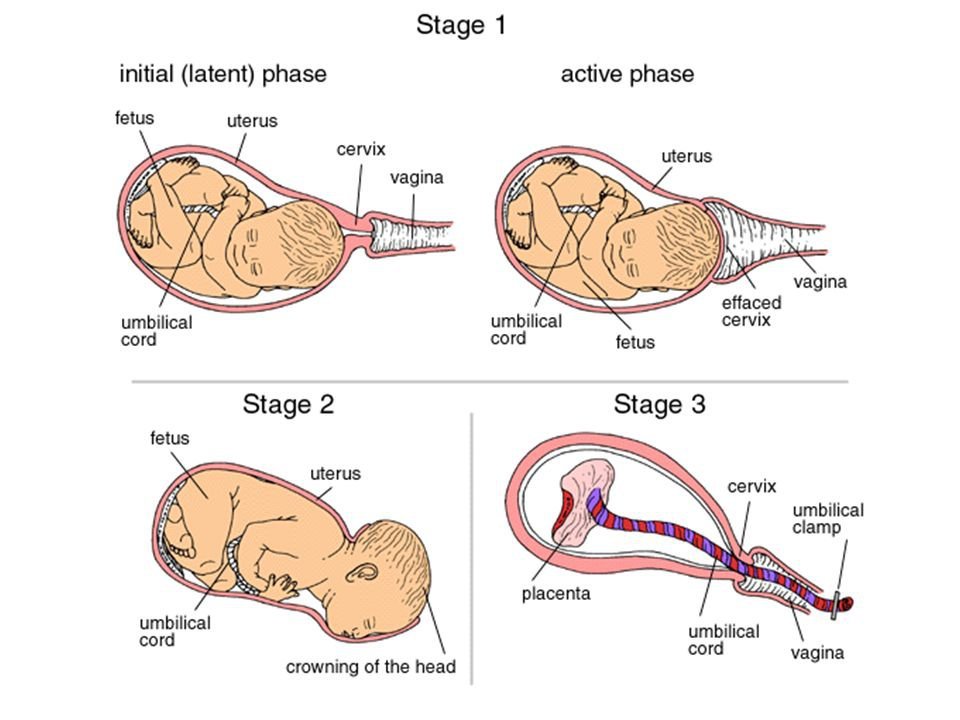 And when they get into a family, many children, with proper care, can significantly compensate for their developmental lag, but this is a lot of mutual work. nine0005
And when they get into a family, many children, with proper care, can significantly compensate for their developmental lag, but this is a lot of mutual work. nine0005
A particular problem is the motivation of children over 10 years of age. If younger children do not have a say in this matter, then children 10 years old and older can already say their “yes” or “no” in response to the offer to become members of a new family. Unfortunately, this is often used by adults, on whom it depends whether the child remains in the orphanage. Often there is a desire of the administration to maintain the number of pupils of the institution. I have heard from the first persons of orphanages that children are better off there than in foster families. In addition, pupils are jobs, per capita financing of the institution. I have heard how former pupils told their adoptive parents that in the orphanage they were dissuaded from leaving for a family. But it is important to remember that a potential adoptive parent or guardian has the right to invite a school-age child to visit for the weekend, for holidays.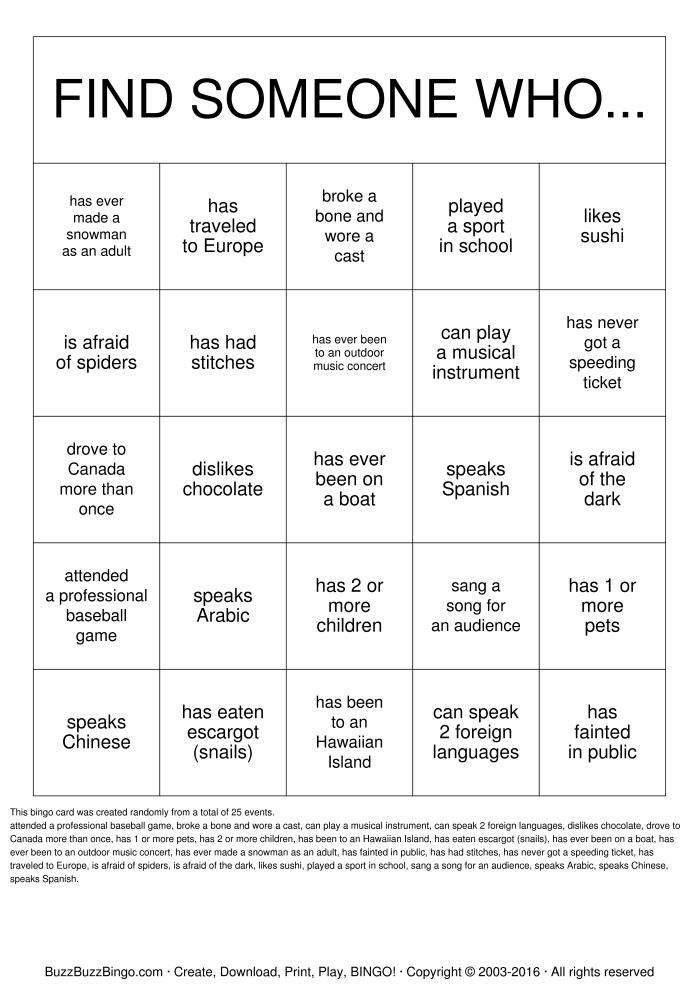 If you can build sincere contact with a teenager, everything will work out. At the decisive moment, he will say "yes", they will not be able to dissuade him if being a guest has earned him confidence in the host family. nine0005
If you can build sincere contact with a teenager, everything will work out. At the decisive moment, he will say "yes", they will not be able to dissuade him if being a guest has earned him confidence in the host family. nine0005
But remember that the moment when you find "your" child will only be the beginning of a long journey. To build happiness in a family that accepts a child is a lot of parental work. Such a family has a special experience. This is not always an easy adaptation of the child, possible difficulties with his blood relatives, the need to heal the emotional wounds of a child with a difficult childhood, anxieties, justified and not very.
And at the same time, believe me, an adopted child can become a family! In Russia, hundreds of thousands of children grow up in families of adoptive parents and guardians. Most of these families known to us are worthy examples of children's well-being, parental responsibility and love. Perhaps you are also ready to start the path to accepting a child left without parental care into your family, into your heart? nine0005
If you want to get the experience of "smart" assistance to children from orphanages, to better understand the reality of foster parenthood, fill out the online questionnaire for volunteers of ANO "Native People".

